The Global Bioenergy Partnership (GBEP) has produced a set of twenty-four indicators aimed at the assessment and long-term monitoring of bioenergy sustainability at the national level.
The GBEP Sustainability Indicators are intended to inform policymakers about the environmental, social and economic sustainability aspects of the bioenergy sector in their country and guide them towards policies that foster sustainable development. The indicators, which were agreed upon by GBEP Partners and Observers at the end of 2011, have been pilot tested in a diverse range of national contexts in order to assess and enhance their practicality as a tool for sustainable development and to strengthen the capacity of countries to measure their bioenergy sustainability.
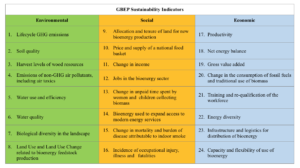
The Food and Agriculture Organisation of the United Nations (FAO), which is one of the founding members of GBEP, carried out a project entitled “Capacity building on GBEP Sustainability Indicators for Bioenergy in the ECOWAS countries” with a focus on Togo and Ghana. It was a four-month long project implemented at the end of 2018 in collaboration with the ECOWAS Centre for Renewable Energy and Energy Efficiencies (ECREEE) and with generous support from GIZ on behalf of the Federal Ministry for Economic Cooperation and Development (BMZ) of Germany.
Through training and workshops, the aim of the project was to develop the capacity of local stakeholders in Togo and Ghana to understand, assess and implement the GBEP sustainability indicators. During the project and as part of a participatory process, local stakeholders were able to use these indicators to discuss the sustainability of their country’s bioenergy production and to identify alternative bioenergy forms that could meet the needs of the people while improving sustainability.
Modern bioenergy facilitates the transition from the traditional use of biomass to a more efficient, alternative usage while reducing reliance upon fossil fuels. In sub-Saharan Africa, where access to modern energy is limited, bioenergy has the potential to boost agriculture, increasing productivity and creating new employment opportunities. However, if not managed effectively, developing bioenergy could cause negative environmental and socio-economic impacts.
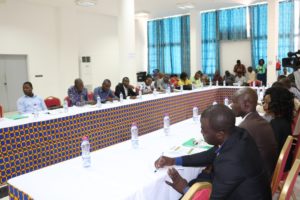
Following four months of training, the capacity of experts to assess and improve the sustainability of bioenergy production and use has vastly improved. A commitment to a reduction in greenhouse gas emissions is among the objectives of this training. It similarly aims to foster a transition towards a more efficient and sustainable use of biomass, while reducing pressure on forests and harnessing socio-economic benefits. Ultimately, the project raised the awareness of relevant stakeholders on the various opportunities offered by a sustainable bioenergy sector, the intention being to accelerate the achievements of countries’ Nationally Determined Contributions (NDCs) and Sustainable Development Goals (SDGs), while meeting Forest Protection and Forest Landscape Restoration targets.
In order to implement such, FAO worked in collaboration with ECREEE, who considers these awareness-raising activities as key for translating the ECOWAS Bioenergy Policy into well-grounded, sustainable strategies at the national level. This project has helped to promote sustainable bioenergy development in the region, through the exchange of good practices, experiences and lessons, particularly in the area of sustainability in the bioenergy sector.
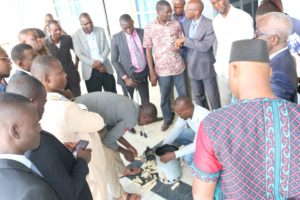
For these reasons, ECREEE advises the replication of this project in other ECOWAS countries, as well as the full implementation of the GBEP indicators in its member states. The aim is thereby to enhance countries’ knowledge in order to assist in the advancement of sustainable bioenergy service delivery via the GBEP Sustainability Indicators.
Editor’s Picks – Related Articles:
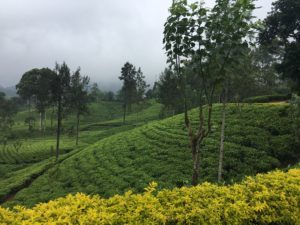
“Spreading the seeds of sustainable bioenergy”
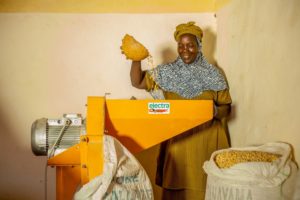
“Sustainable Energy for All: A Challenge for the Poorest Countries”
In light of the positive feedback received at the international, regional and national levels, GBEP has considered this as a new “format” to be replicated in other developing countries in Sub-Saharan Africa and elsewhere, the objective being to continue raising awareness and delivering technical training regarding the implementation of the GBEP indicators as a tool for sustainable bioenergy.
The themes explored during the implementation of the project were presented at the Global Landscape Forum in December 2018 in order to demonstrate the impact of a sustainable wood energy sector on Forest Landscape Restoration (FLR). The project has been praised for helping countries achieve the commitments they made under the Paris Agreement.











